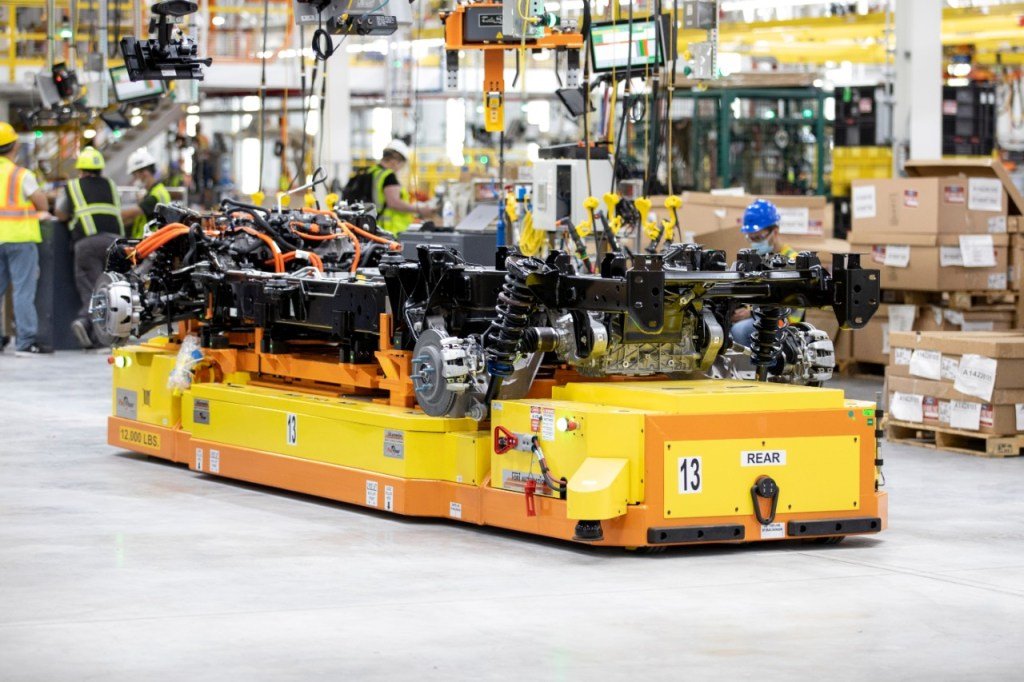How Did The Automotive Industry Let The Semiconductor Shortage Get So Bad?
If anything, the semiconductor microchip shortage currently ravaging dealer inventories has at least exposed a systematic flaw in the automotive supply chain. Automakers mostly rely on simpler legacy chips compared to the sophisticated semiconductors used by the electronics industry. When the fallout from the pandemic and other unmitigated circumstances caused supplies to get tight, the auto industry found itself at the back of the line waiting for these crucial components.
A Big Mistake
According to the last journalist left at Motor Trend, everything started to go wrong in March of 2020. Yes, really. As the world was locking down in an attempt to stop the spread of COVID-19, global automakers idled assembly plants and made the fateful mistake of canceling crucial orders from suppliers. At the time, chip suppliers were happy to shift this newly freed production capacity towards other products required to meet the spiking demand for TVs, laptops, cell phones, and other wares.
Oops. Hindsight 20/20, and all that.
When production resumed a couple months later automakers quickly discovered that suppliers couldn’t offer them the chips they required. Modern cars rely on semiconductors to help actuate almost every function, from locking the doors, to applying the brakes, sensing if you’re out of control, or even actuating the wipers. Or the seat heaters. Or the HVAC controls. Literally, almost everything.
However, the chips used in cars are low-tech and low-cost compared to the units applied to modern electronic devices and household appliances.
Chip suppliers who had already pivoted towards more sophisticated, higher margin, higher volume chips being used by the rest of the global economy weren’t interested in pivoting back just so someone could have heated seats in their Cadillac Escalade.
But the automotive industry semiconductor microchip shortage was due to more than just that. Ford was all but cut off from its supply of chips due to a fire at the Renesas plant in Japan. Other automakers were badly affected by COVID-19 outbreaks and lockdowns in southeast Asian countries like Malaysia, Indonesia, and Vietnam, countries the chip companies use as distribution hubs.
Apparently, global auto production was down 11.3 million vehicles in 2021 due to the chip shortage. It’s thought a further 7 million vehicles could be lost in 2022, and a further 1.6 million the year after. Some sources even believe parts of the wholesale car market won’t recover until 2025 at the earliest.
(photo credit: Ford)



